-
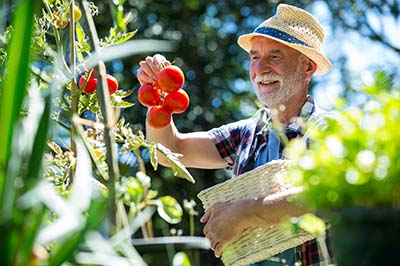
- Here are some gardening tips specific to Georgia's climate and conditions for soil preparation, planting, watering, and fertilizing:
Soil Preparation:
- Soil Testing: Start by getting a soil test from your local cooperative extension office. It will provide you with valuable information about your soil's pH and nutrient levels, helping you make informed amendments.
- pH Adjustment: Many areas in Georgia have slightly acidic soil. Adjust the soil pH to the appropriate level for your plants, typically around 6.0 to 6.8. Lime can be added to raise the pH if needed.
- Organic Matter: Incorporate plenty of organic matter such as compost, well-rotted manure, or peat moss into the soil. This improves soil structure, moisture retention, and nutrient content.
- Till the Soil: Use a garden tiller or fork to break up compacted soil and incorporate amendments. Aim for a loose, crumbly texture. Planting:
- Planting Dates: Consult your local cooperative extension's planting calendar for recommended planting dates for different crops. Georgia's climate varies, so timing can be crucial.
- Heat-Tolerant Varieties: Select plant varieties that are well-suited for Georgia's hot and humid summers. Look for heat-tolerant tomato, pepper, and squash varieties.
- Spacing: Follow recommended spacing guidelines for each type of plant. Crowding can lead to poor growth and increased risk of disease.
- Mulch Apply organic mulch like pine straw or wood chips around your plants. This helps retain soil moisture, regulate temperature, and reduce weed growth. Watering:
- Morning Watering: Water in the early morning to allow the soil and plant foliage to dry before evening, reducing the risk of fungal diseases.
- Deep Watering: Water deeply and less frequently rather than shallow, frequent watering. This encourages deep root growth and drought tolerance.
- Drip Irrigation: Consider using a drip irrigation system to deliver water directly to the root zone while minimizing water wastage. Fertilizing:
- Slow-Release Fertilizers: Utilize slow-release fertilizers to provide a steady supply of nutrients over the growing season. This can help prevent nutrient imbalances and leaching.
- Organic Fertilizers: Explore organic options like compost, fish emulsion, and bone meal to enrich your soil. These improve soil fertility while promoting long-term health.
- Monitor Plant Health: Regularly inspect your plants for signs of nutrient deficiencies or excesses. Adjust your fertilization based on their needs.
- Micro-Nutrients: Some Georgia soils may be deficient in certain micronutrients like zinc or boron. If identified through soil testing, consider targeted micronutrient applications.
By following these tips and adapting your gardening practices to Georgia's unique climate and soil conditions, you can increase the success of your garden and enjoy a bountiful harvest. Don't hesitate to reach out to your local cooperative extension office for region-specific advice and guidance.
-

Peppers
From sweet bell peppers to spicy jalapeños, peppers are a flavorful and versatile addition to any dish. In Georgia, peppers are grown in a wide range of varieties, from mild to hot. More
-

Greens
For a healthy dose of vitamins and minerals, try Georgia greens. From tender baby spinach to hearty collard greens, these leafy vegetables are a nutritious addition to any meal. More
-

Cucumber
Cucumbers do well in GA but they need space to let their vines grow. More
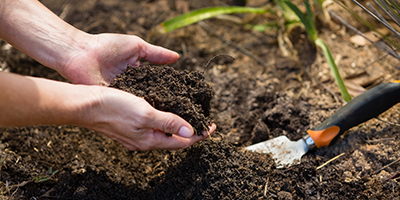



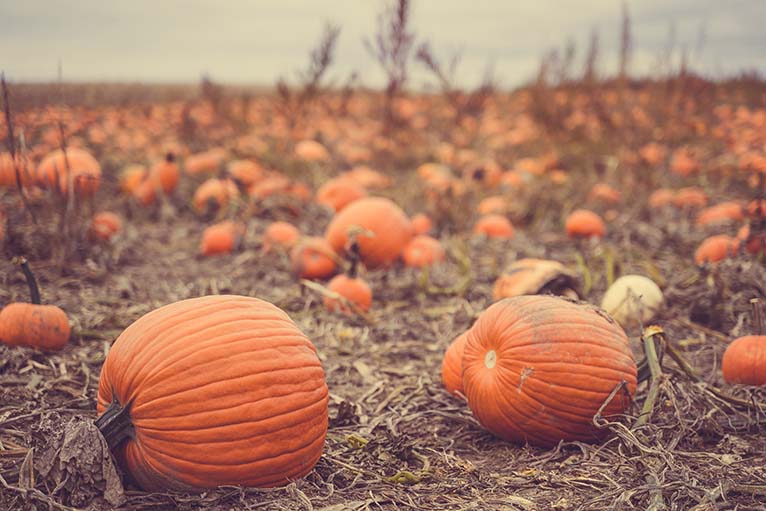
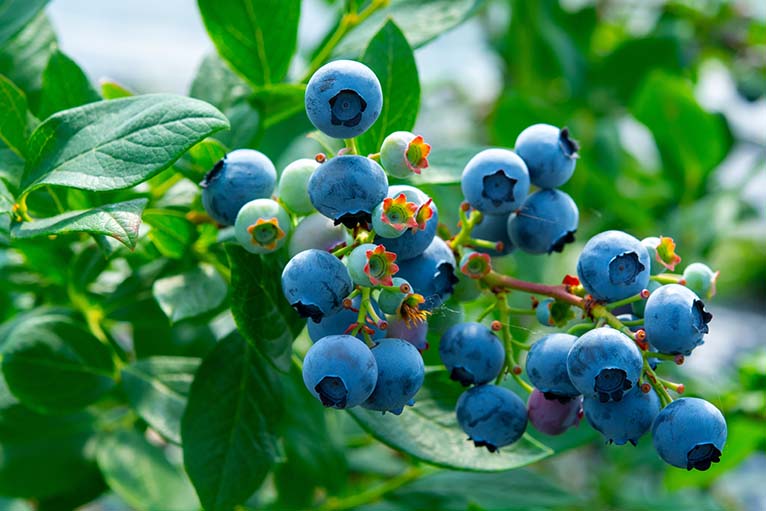
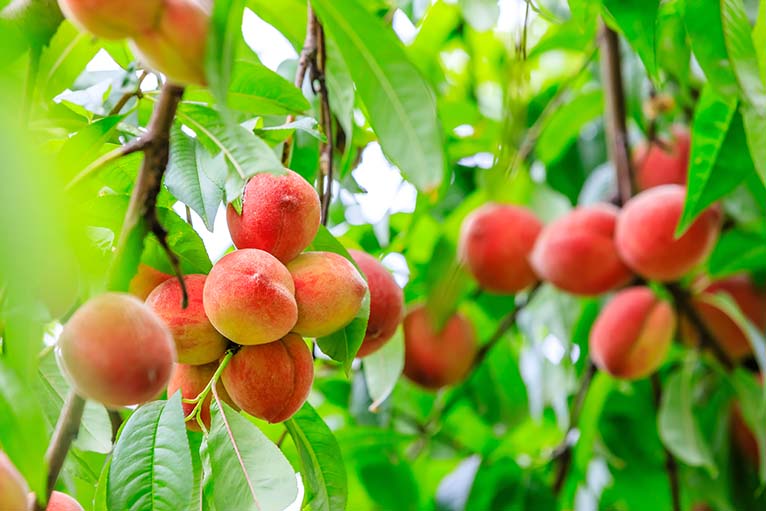
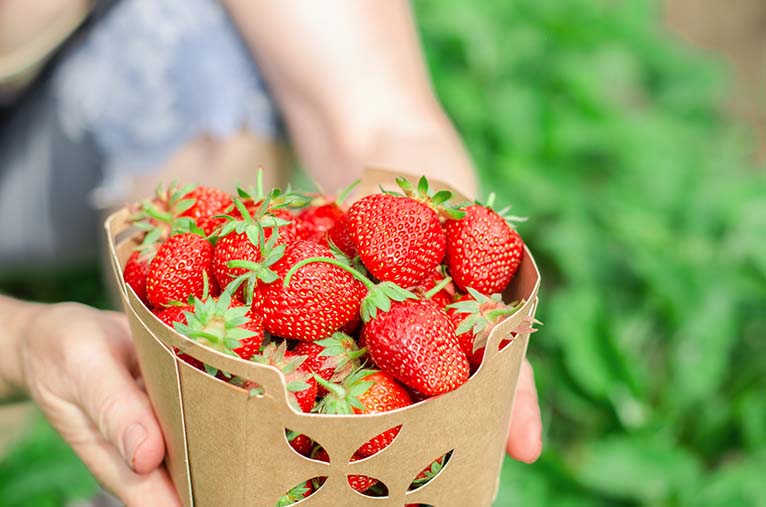
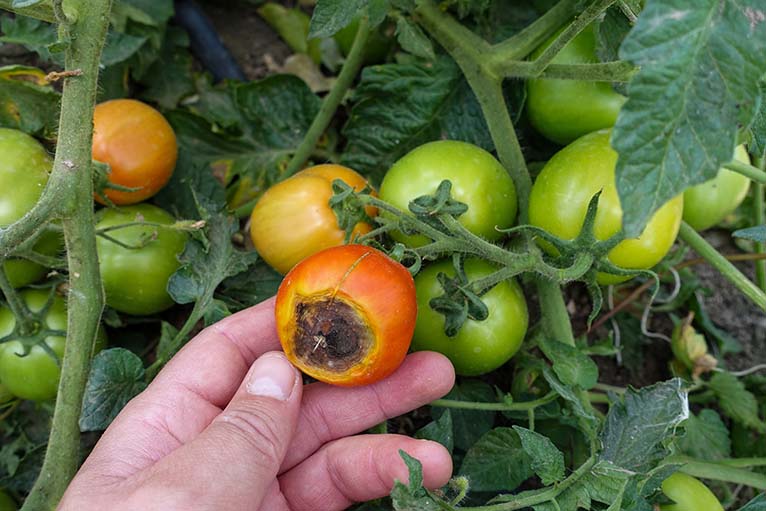
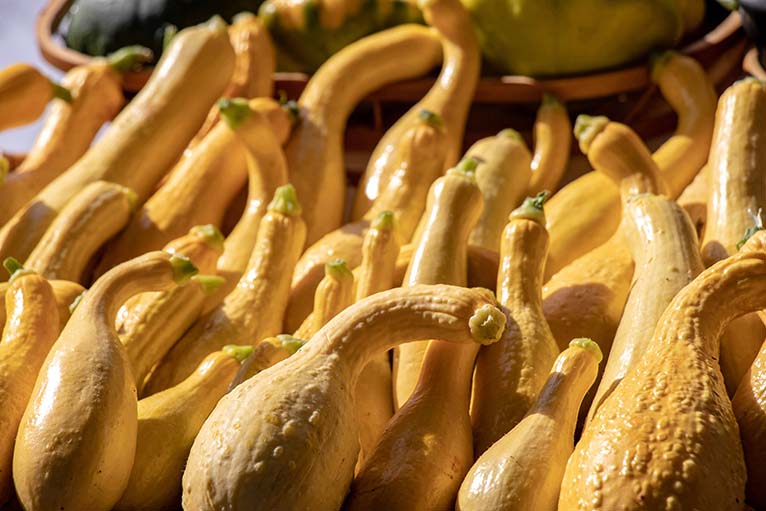

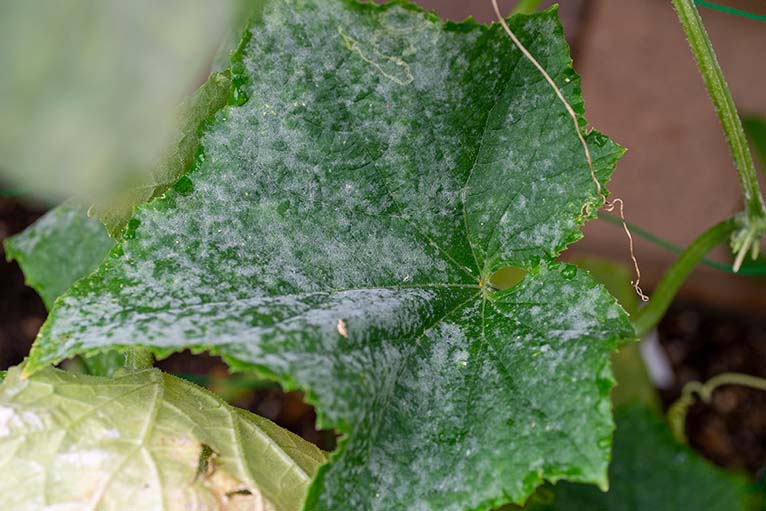
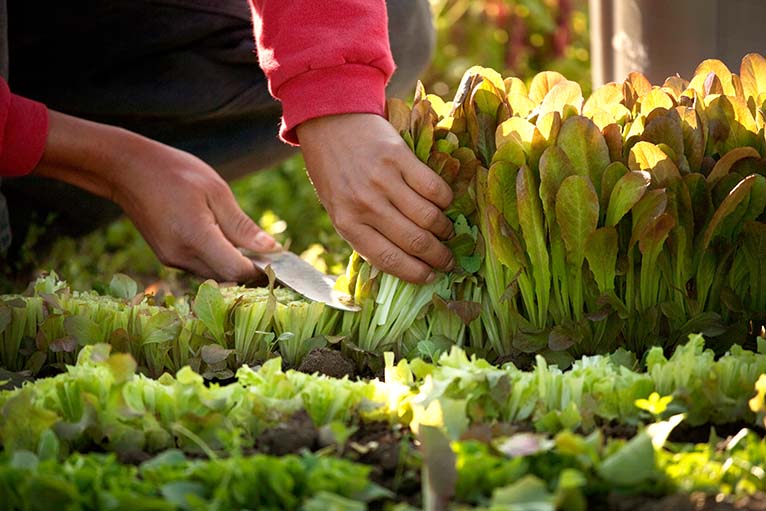
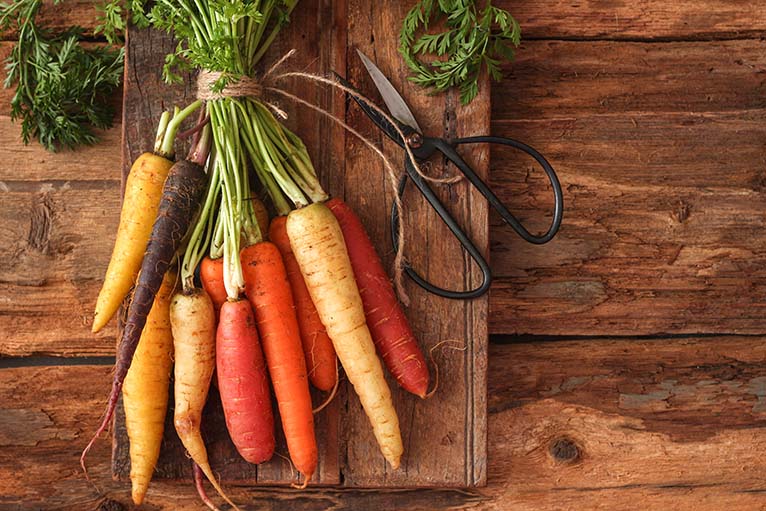
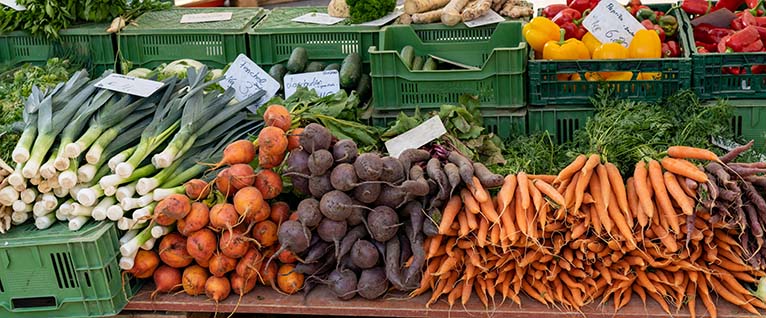
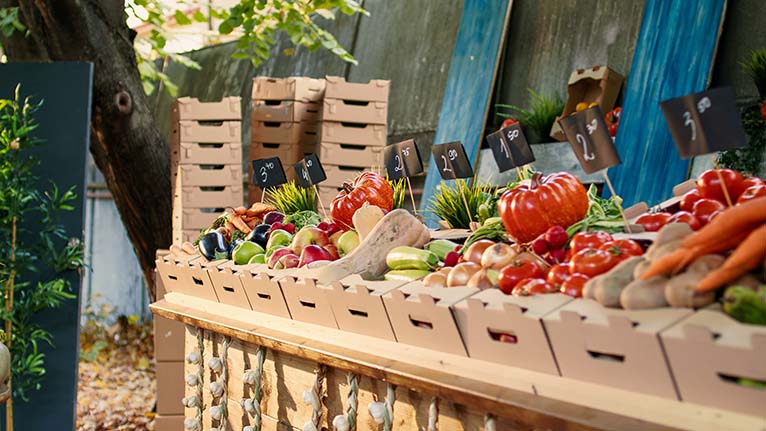

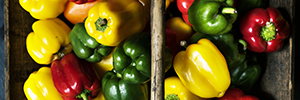
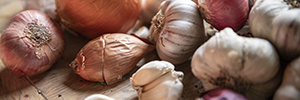
 DIY GARDEN PROJECTS
DIY GARDEN PROJECTS gagarden.com/blog.html
gagarden.com/blog.html